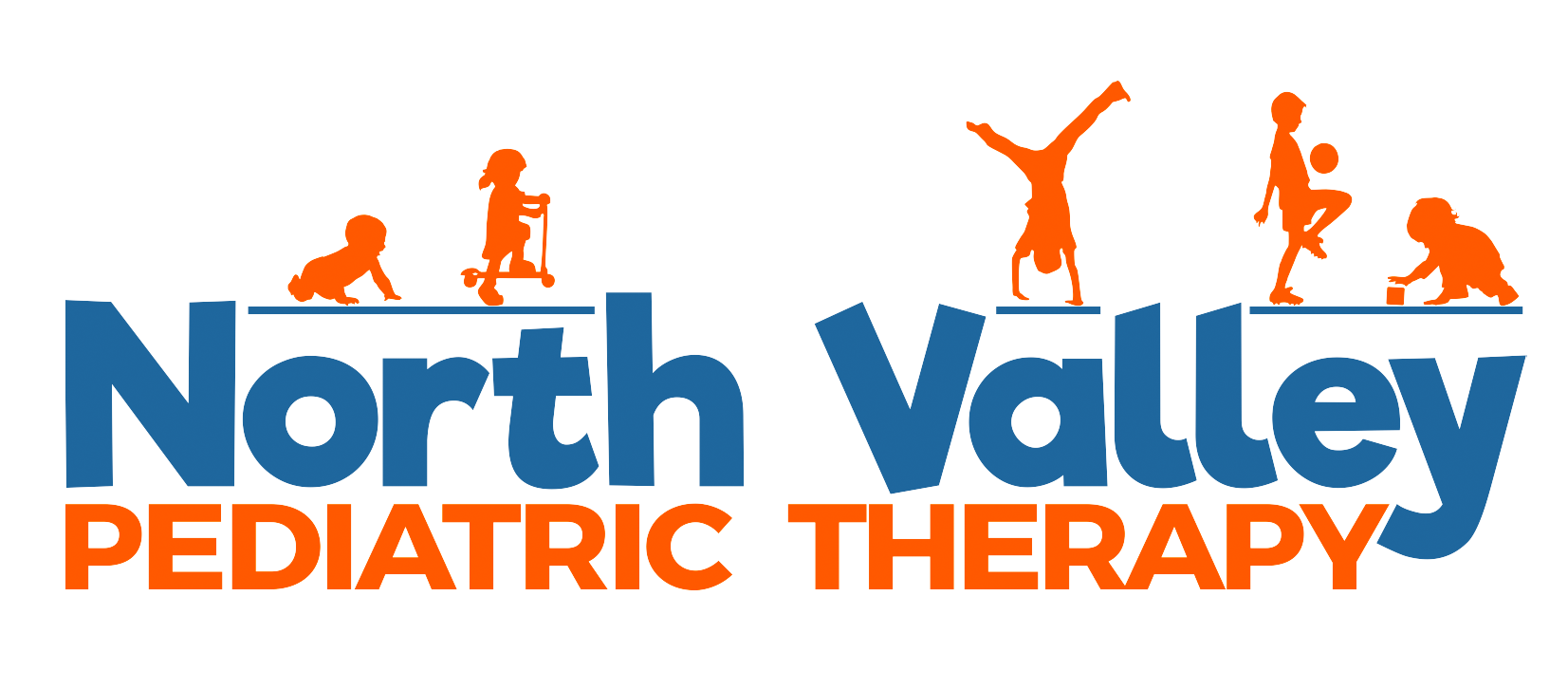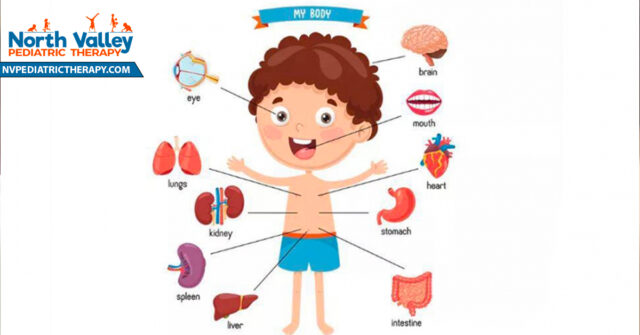Does your child:
● Eat the same foods every day?
● Refuses to try or touch new foods?
● Gag at the sight or smell of food?
● Refuse to watch you eat?
● Have difficulty with chewing or swallowing?
● Avoid certain textures?
● Have meltdowns at mealtime?
If you answered yes to one or more of these questions, YOU ARE NOT ALONE! Picky eating is extremely common during the early years of life. 80% of individuals with developmental disabilities and 45% of typically developing children have some type of feeding problem.
What can cause pickiness:
● Reflux – this can cause pain associated with eating certain foods which kids will instinctively refuse or stay away from those foods
● Food allergies – children with food allergies are typically very cautious about what they eat. This in turn, causes them to be picky eaters.
● Sensory Processing Disorder (SPD) – eating is a SENSORY experience. If food
is too overstimulating (could be the smell, color, texture, sound it makes, appearance, etc.) this will cause them to avoid those foods and textures.
● Decreased oral motor skills – oral motor skills and sensory issues with food go hand in hand. If we aren’t eating a certain food or food group, our oral motor skills won’t develop properly. This makes eating certain foods too hard or tiring so kids will avoid them. (this is the most common one I treat)
● Control at meal times – this is common as kids age. They want more control of things in their environment and feeding is one of the most basic body functions they can control.
Things to do to help with pickiness:
● Let your kid get messy- during meal times it is SUPER important to let them be messy. If they get food on their face, don’t wipe it. If they get food on their shirt, don’t touch it. If they get food on the floor, don’t pick it up (or let the dog eat it). This is important because it shows them that the variety of textures are safe and are okay to get on our body. If you are still feeding them by spoon, try not to wipe their face after each bite. This can cause unwanted tactile input which can be a negative reinforcement.
● Talking positively about foods! Trying not to say in front of them that a certain food is “gross” or “disgusting”, they will pick this up and repeat it, thinking the food is gross before ever trying it. Instead use words like “I am still learning about this food”, “I’m not ready to try that food yet”.
● Never force your child to eat anything! This will cause a negative experience with food that can cause them to have aversions to eating or meal time. It can lead to a power struggle between you and your child.
● “They will be hungry eventually”- this is FALSE! Children’s bodies and sensory systems are still developing. They don’t understand what hunger feels like yet, although they may indicate they are hungry.
● Introduce new foods without the pressure to eat the food- kids will become naturally curious about what you’re eating. Presenting it to them without the expectation that they have to eat it, can lead them to be more willing to try new foods on their own terms.
● Be patient- it can take up to 10 separate times for a child to try a new food and like it. There are going to be foods that your child just doesn’t like, just as there are foods I’m sure you don’t like. Forcing eating will never win. Feeding is the hardest thing we do as humans. It requires all of our bodily systems, our nervous system, and our environment to be optimal in order to sit down and have a meal. It’s so important for children to foster healthy relationships with foods. Although, it can be very frustrating when your child won’t eat the foods you want them too. There
are several resources that are available to help, starting with NVPT!
If you found this information helpful and you have more questions, please reach out to
your therapist to see about a Feeding Evaluation.

Blog by:
Caitlin O. – MOT, OTR/L
Occupational Therapist




